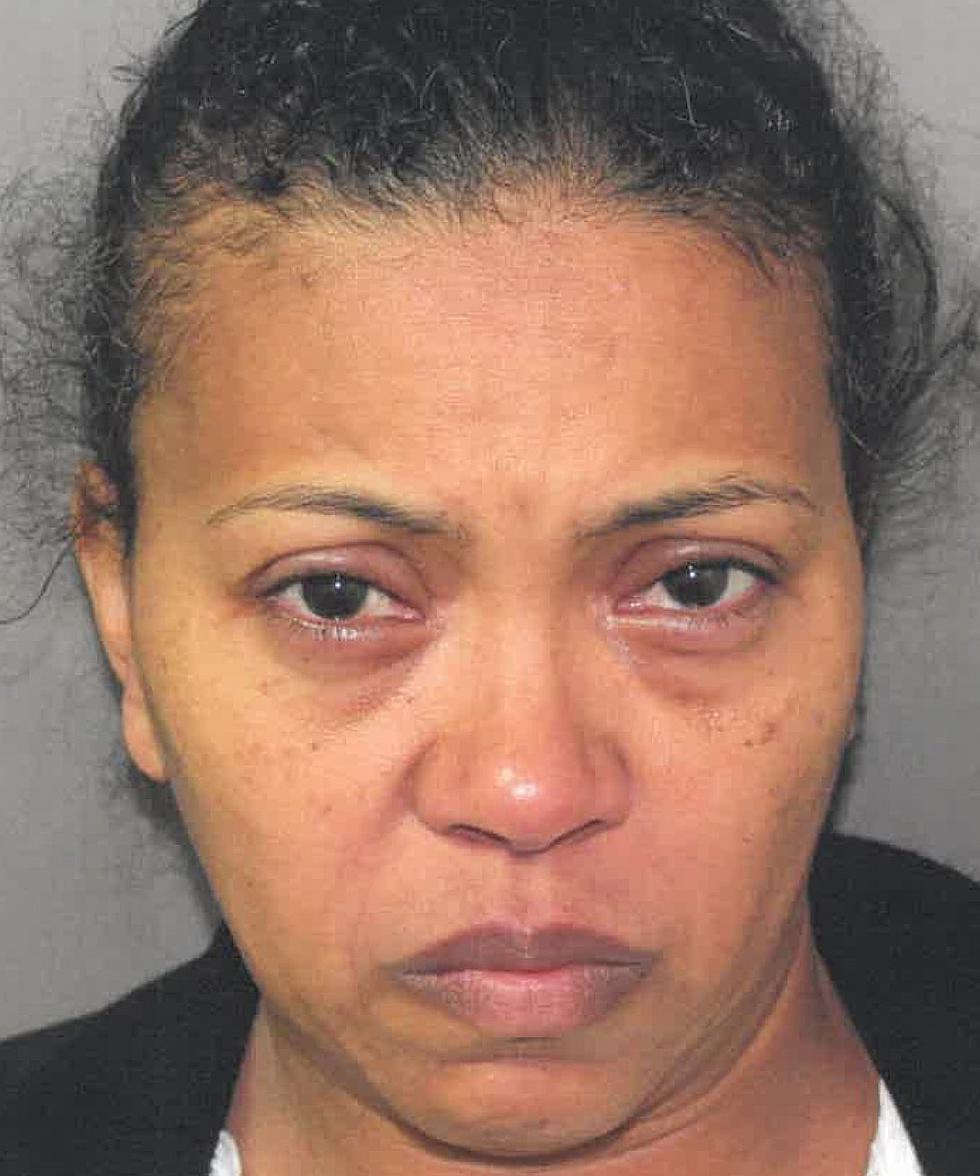End Violence. Refuse To Be Silent.
What happens when your significant other is verbally or physically assaulting you? You’re hiding your bruises and keeping your emotions locked inside. According to The National Coalition Against Domestic Violence (NCADC), in 2012 there were 65,060 domestic violence offenses reported by the police in 2012. On a typical day, domestic violence hotlines receive approximately 21,000 calls, approximately 15 calls every minute.
One organization in Monmouth County is seeking for volunteers to help individuals who suffer from Domestic Violence. The non-profit organization is called “180 Turning Lives Around” and there located in Hazlet New Jersey. They’ve been serving Monmouth Country residents for over 40 years with the help of 180 volunteers.
Right now they’re recruiting for their Domestic Violence Response Team Program, all applicants must be 18 years of age or over. The Domestic Violence Response Team Program is apart of collaboration with law enforcement in Monmouth County. When a victim of domestic violence is in police headquarters, the officers call their on-call advocate to come down and meet with the victim.
Susan Levine is a Victim Support Program Coordinator for 180; she says domestic violence is prevalent in our area.
“It’s an unreported crime, it’s very dangerous for a victim to come forward, so we’re very happy that we can collaborate with the police department and meet them where they’re at. Safety is first and foremost.”
To handling domestic situations can be a handful that’s why 180’s Domestic Violence Advocates are properly trained. They’re trained in crises interventions and advocacy. 180 provides “Victim Centered Trauma Informed Care.” Levine says its up to the victim to make the decision.
“Informed decisions about their lives and what actions they want to take or not take. They may just be very grateful to have the information and not ready to go out and take any further action against the offender.” Domestic violence victims have knowledge of their environment and also a safety plan.
Levine is asking many individuals who want to volunteer to step forward. They’re looking for volunteers in all areas of expertise. Levine and her team aren’t looking for prior knowledge of domestic violence. Volunteers don’t need to be a survivor or helped a survivor.
“Domestic violence affects the cross section of the community, it can happen to anyone, any social economic class, any culture and any background. So we need people from the community who reflect the community. Who really are ready to step out and be there for someone in their time of crisis.”
180 Provides state mandated forty hour training because in every county they’re domestic violence response teams. The training starts April 17th and goes to May 11th. It’s every Monday, Wednesday and Thursday evenings 6-9:30pm.
“It is intense training, we recognize that, so were always going to support our volunteers as they’re going through it because we’re working in the real world. We’re very privileged that people are going to share information about their lives and we want our advocates to be well prepared to respond to that.”
Future advocates will be training with staff and current 180 advocates will help trainees as well. Many roll play activities will take place during training and Levine says some of the trainees are a bit nervous. But once they hear their voice and get the experience they will be fine. No written test will be given at the end of training but The 180 staff will make sure all future advocates understand how to handle all scenarios.
Anyone can be a victim of domestic violence says Levine and anyone can be an abuser. One scenario that we spoke about was when alcohol is involved.
“Alcohol is not going to cause domestic violence but it can definitely exacerbate a situation, physically violent or verbally. Drugs can also be an issue; Levine says drugs are a big problem in Monmouth County.
“They’re people who are using all different types of drugs and sometimes victims will be self medicating. Trying to numb some of the pain of domestic violence and cope and if a victim who’s using drugs need help.
“We’re going to go where the victim needs us to go, is probably the best answer for that, if they’re ready for that. Ready to address the issues they have, they may be coming in with a host of other issues starting with their safety.”
Some victims may want to take action right away others may want to take action in small doses.
“They may not want to take action right then and there. They may have a family, they may have jobs, homes, bills to pay and they don’t have access to money. Financial abuse is very prevalent in domestic violence. So they really need to weigh their options. Members from 180 Turning Lives Around will develop a safety plan for all victims.
180 Turning Lives Around volunteers are on-call throughout the county; Levine says they’re flexible on the on-call shifts. Volunteers may be on-call from 6am-6pm or 6pm-6am. The 180 agencies is open business hours, however they’re available 24/7 on their confidential hotline. The number is (732)-264-4111.
More From 92.7 WOBM









